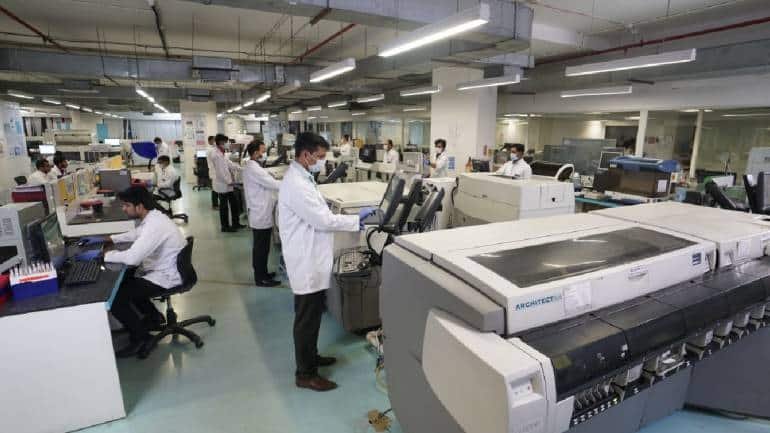As emerging markets grow, Indian infrastructure and real estate investment trusts offer good buying opportunities for investors looking to hedge against inflation, the Bain Capital-backed $44 billion wealth manager said.
IIFL Wealth Management Ltd. advises its clients to allocate up to 10% of their funds to hybrid investments, Yatin Shah, co-founder and co-CEO, said in an interview.
Three REITs that hold mostly commercial office assets are listed on the Indian stock exchange so far, with the best-performing Brookfield India REIT up nearly 30% over the past year. Over the same period, the grid infrastructure investment trust rose 19%, while the NSE Nifty 50 index rose 5.2%.
There are currently 19 infrastructure investment trusts, known as invITs, registered with India’s Securities and Exchange Board, and the number is expected to increase as the government seeks to fund new projects. The Ministry of Finance estimates that its national infrastructure pipeline will require $1.4 trillion in funding by 2025, 21% of which is expected to come from the private sector.
According to a Bloomberg survey of economists, India’s headline inflation rose to its highest level in eight years in April. The central bank is expected to raise interest rates by 40 basis points when it announces monetary policy on Wednesday.
According to Shah, REITs and invITs provide regular income and capital appreciation and provide additional inflation hedges because contracts can be renegotiated during periods of inflation.
- ChatGPT Mobile App Introduces Video and Screensharing Features
- India’s Forex Reserves Drop by $3.23 Billion to $654.86 Billion on 6th Dec
- Paraguayan President Santiago Pena Opens Jerusalem Embassy
- Premier Energies Planning to Establish 1 GW Manufacturing Plant in Telangana
- International Gemmological Institute (India) IPO GMP, Lot Size & Key Dates
Vivek Rathi, head of research at Knight Frank India, shared Shah’s bullish outlook for REITs, noting the strong performance of commercial real estate even amid the coronavirus pandemic. He said they would continue to benefit as office occupancy rates rose and rental income rose. According to government regulations, at least 90% of rental income should be distributed to investors.




